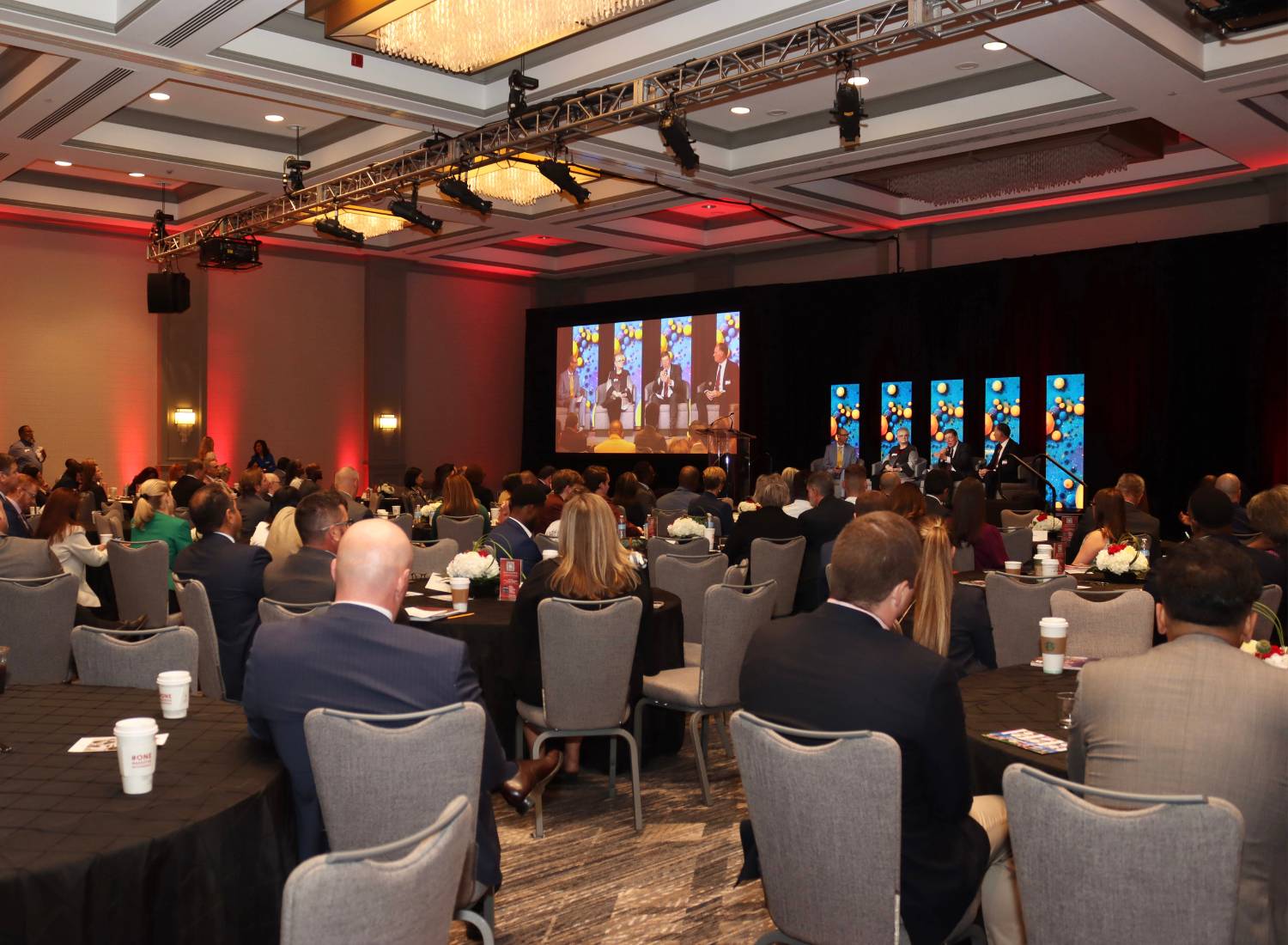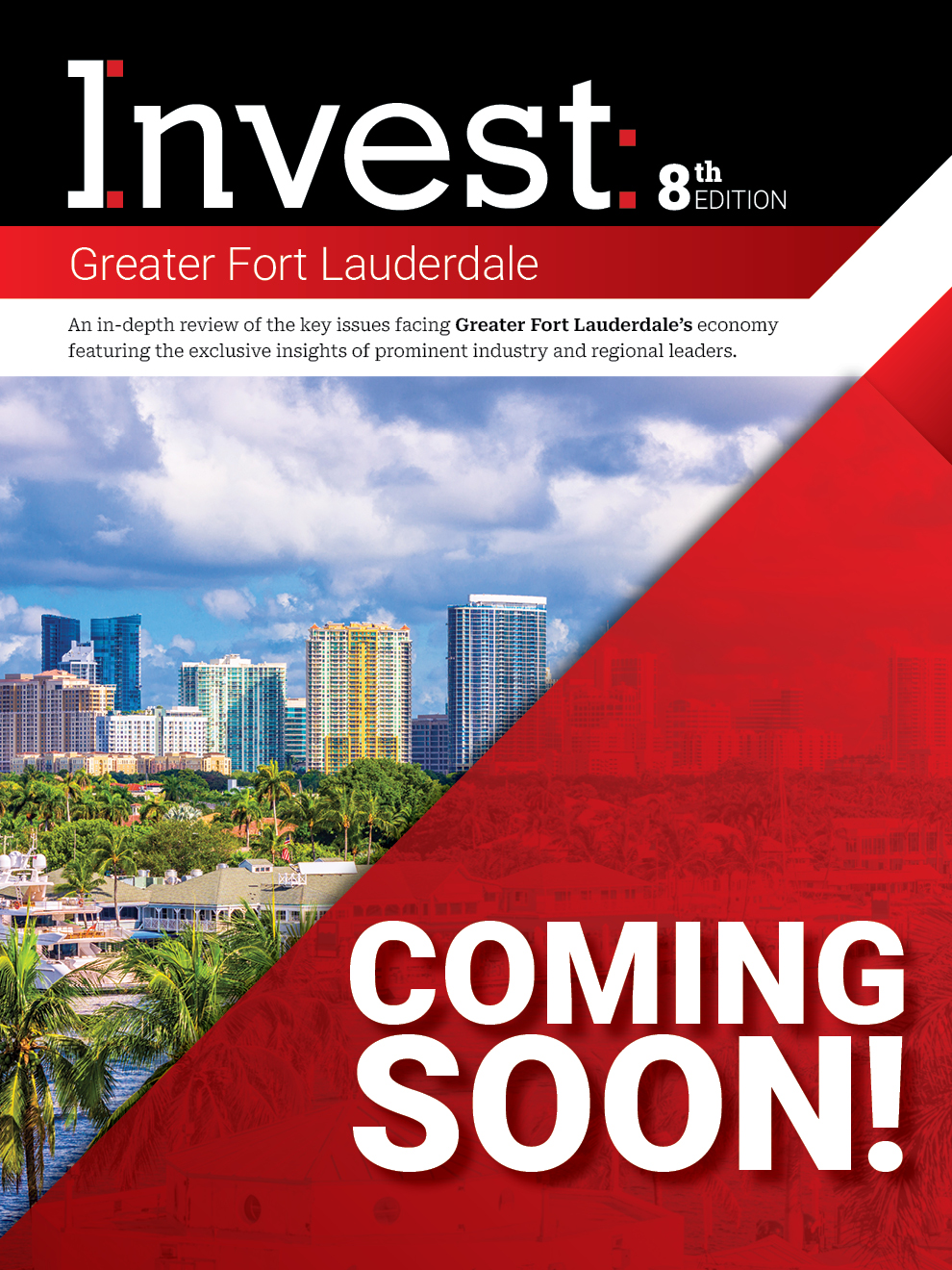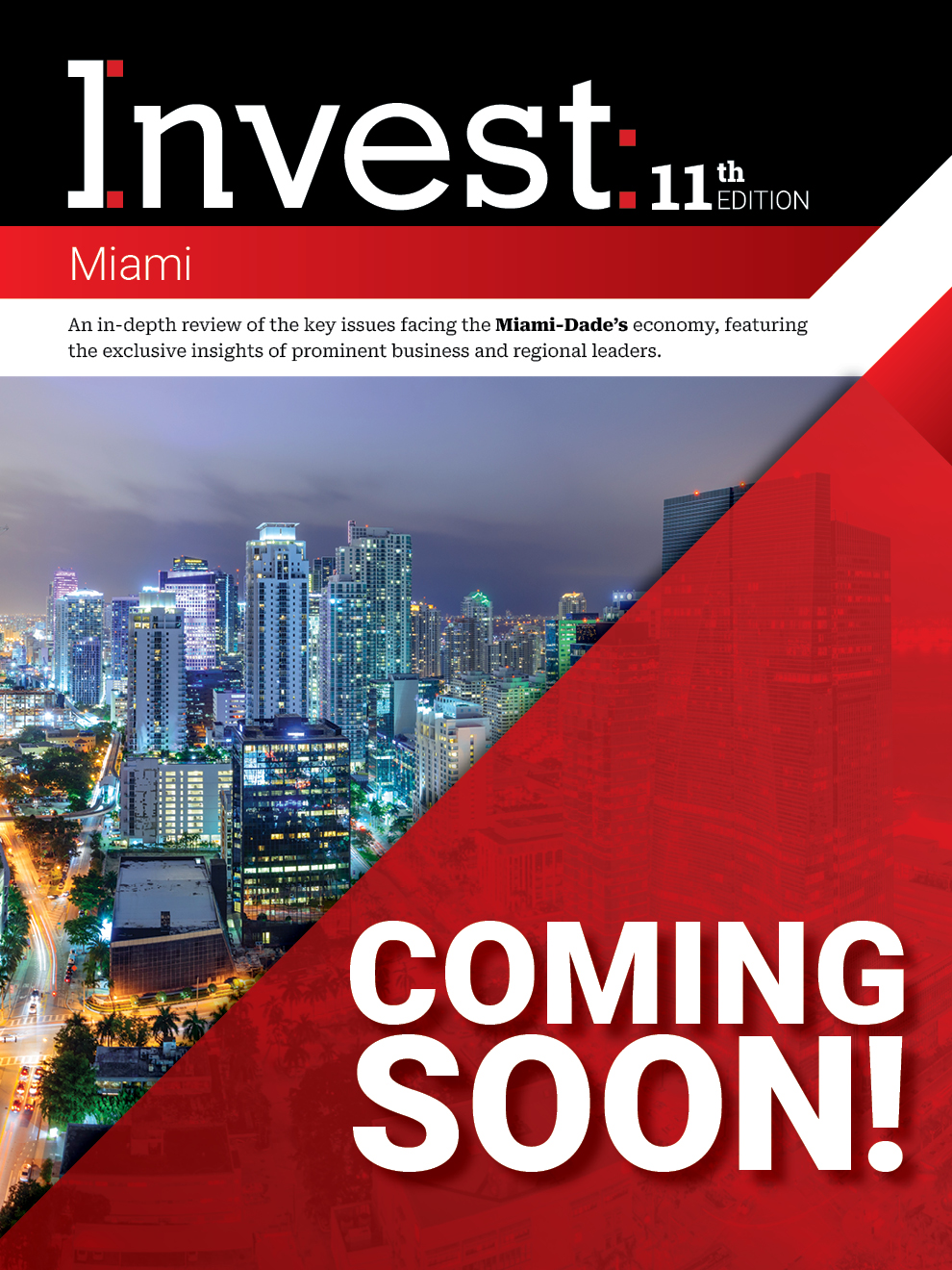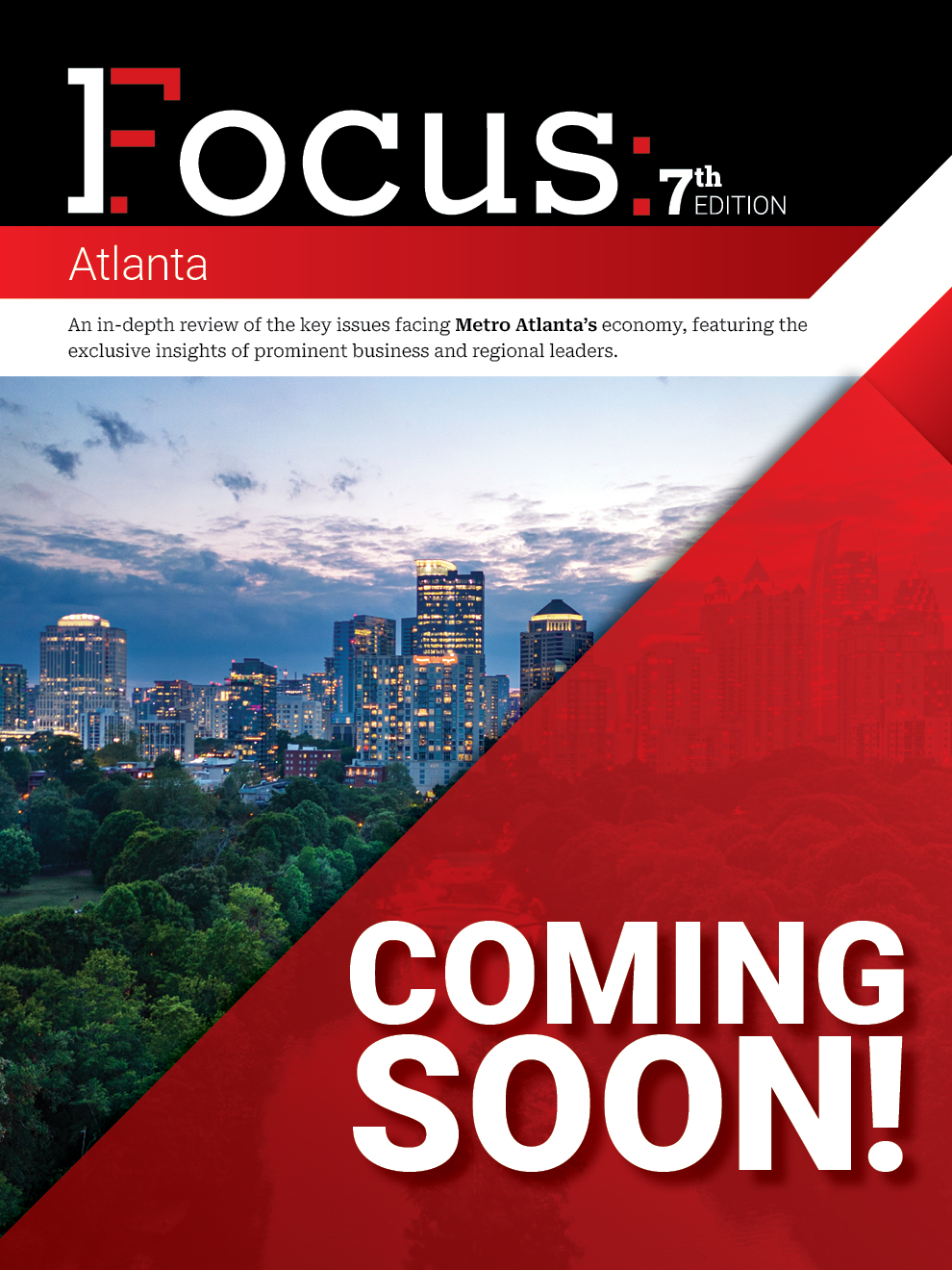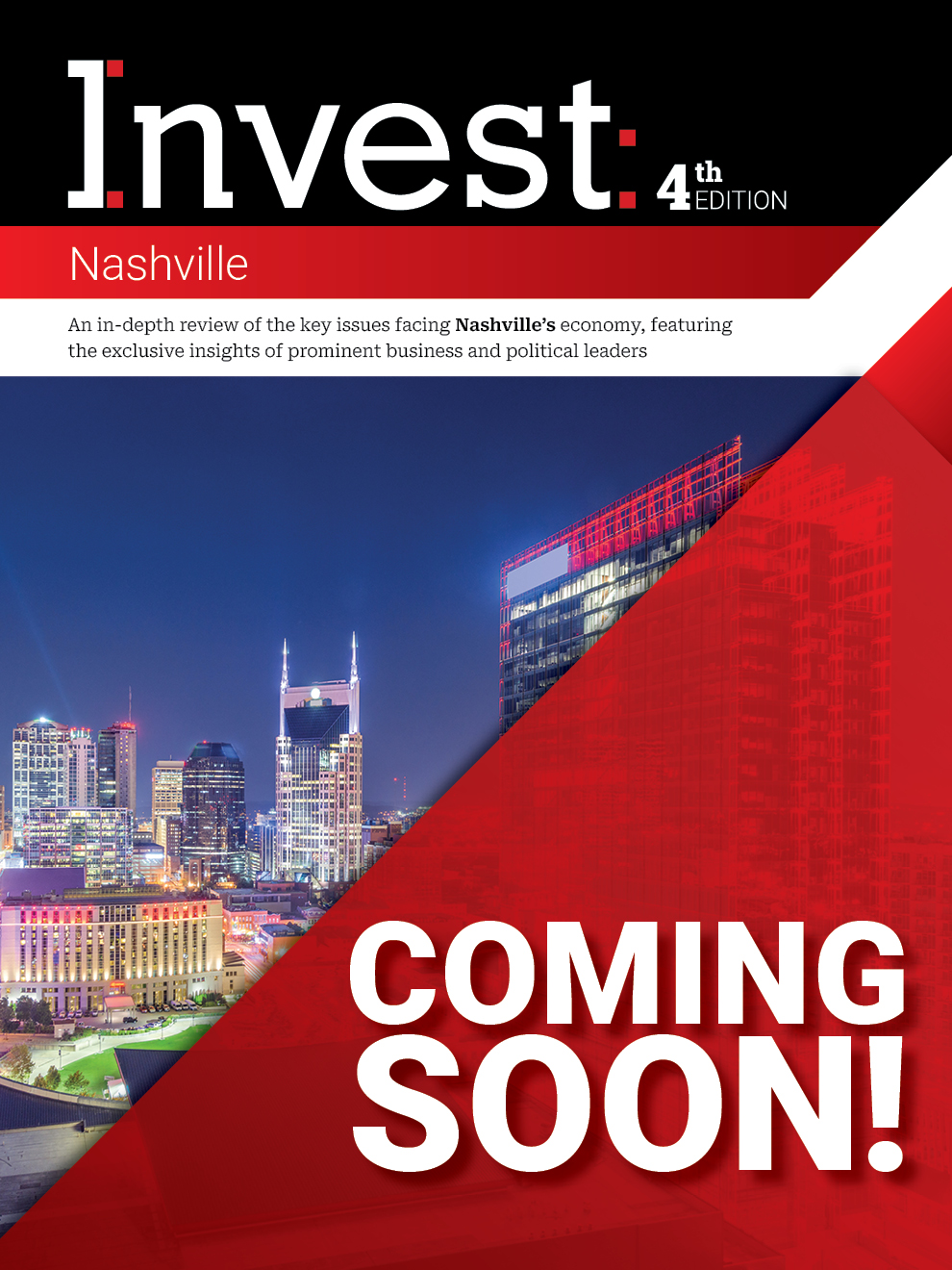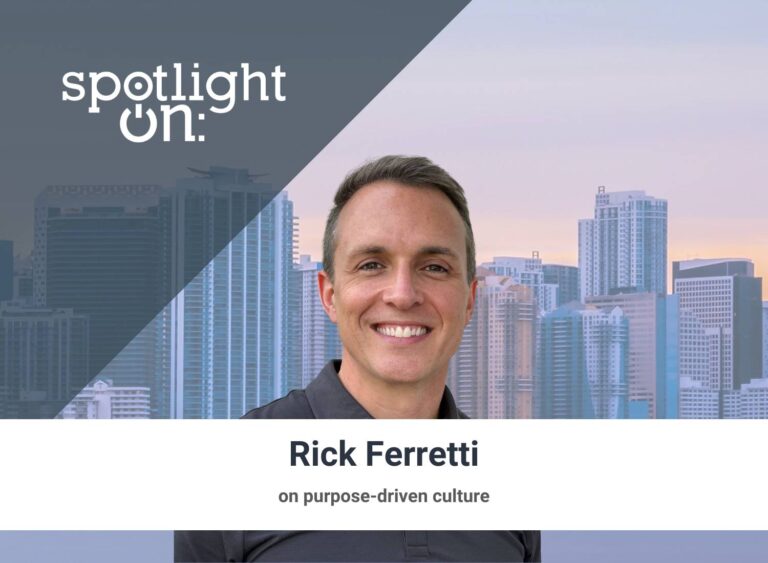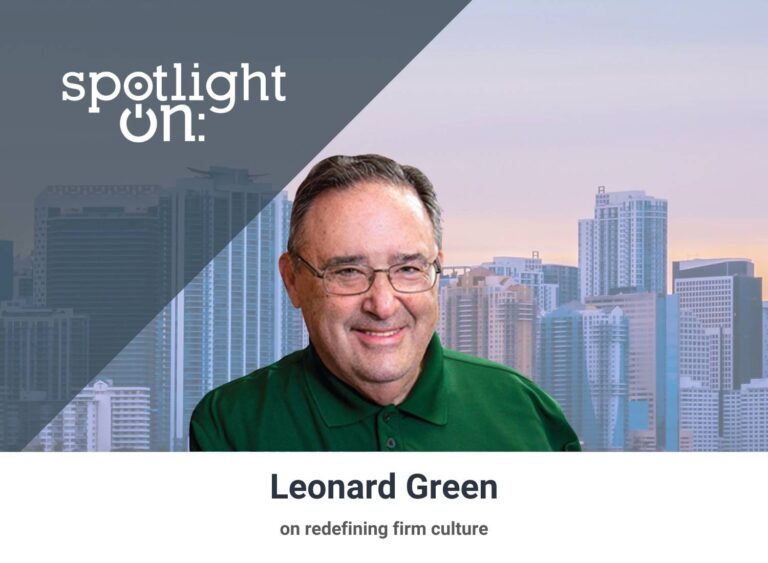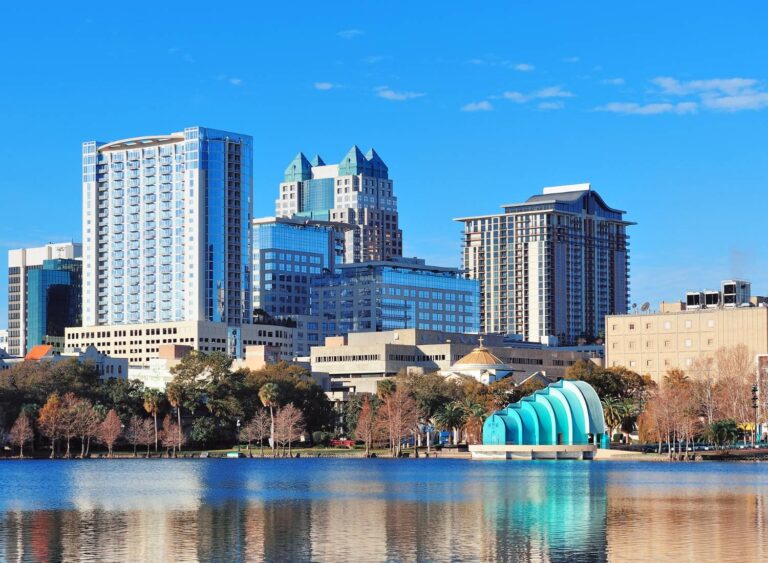Spotlight On: Debra Schwinn, President, Palm Beach Atlantic University
 July 2025 — In an interview with Invest:, Debra Schwinn, president of Palm Beach Atlantic University, said that the institution is growing strategically while remaining rooted in its Christian mission. “Although applications are rising quickly, we’re committed to controlled growth, increasing enrollment by only 50 to 100 students per year.”
July 2025 — In an interview with Invest:, Debra Schwinn, president of Palm Beach Atlantic University, said that the institution is growing strategically while remaining rooted in its Christian mission. “Although applications are rising quickly, we’re committed to controlled growth, increasing enrollment by only 50 to 100 students per year.”
Could you share with us what’s in the pipeline, such as new efforts, buildings, and initiatives taking place at the university?
We have several new initiatives underway. One of our major projects is the Marshall and Vera Lea Rinker Business Hall, a 125,000-square-foot, six-story building that will offer additional classrooms, gathering spaces, and areas for faculty-student meetings. It’s a highly student-centric space and will play a key role in expanding our capacity for in-person learning as we urgently need more classrooms.
This building is located at the heart of our campus, just south of the Warren Library on Olive Ave. We recently held a topping-off ceremony, and we expect the building to open in January 2026.
Another significant project is a new 25-story residence hall complex, where the first two floors will house a new dining hall — our second on campus — and the third floor will be a student fitness center. While we already have great workout spaces on our athletic campus, this will provide a convenient option on our main campus. The upper 22 floors will include residence halls, offering 990 beds. Next door, we’re also building a parking garage with approximately 700 spaces, which is much needed.
Palm Beach Atlantic is a unique university in today’s educational landscape. In a time of widespread shifts in higher education, many students and families are seeking institutions that prioritize traditional, biblical values. As a Christian university, that’s central to our identity, along with volunteerism, academic excellence, and a Judeo-Christian worldview.
As a result, we’ve seen a significant increase in applications. In 2023, we were featured in a publication — based on national data from Numerator — that noted our applications had tripled compared to pre-COVID levels. At that time, we were receiving over 6,000 applications. Last fall, we hit 11,200, and this year, we’re ahead of that pace.
Although applications are rising quickly, we’re committed to controlled growth, increasing enrollment by only 50 to 100 students per year. That has made us more selective. When I first arrived, 75% of our students were from Florida. Today, that number is down to 48%, with students coming from 49 states (we’re recruiting heavily in Wyoming) and 82 countries worldwide.
These new buildings will allow us to bring students back to campus from costly off-campus housing and support a more unified student experience.
What initiatives did the university implement to attract students from beyond Florida and internationally?
Today’s students are seeking something different. They want a university where professors truly engage with them, especially in small-group settings. At many large universities, students don’t have that kind of access. Here, our student-to-faculty ratio is 13:1. That means students can stay after class to speak directly with their professors instead of TAs and build relationships that go beyond academics, often involving faith and life guidance.
We’ve also rebranded the university with a new logo and articulated a clear mission, “PBA equips students to grow in wisdom, lead with conviction and serve God boldly”. But ultimately, as a Christian university, we also see this as God’s blessing.
What trends or market dynamics are you seeing in the higher education landscape?
Our university is actually bucking many national trends. Across the country, many institutions are closing due to demographic shifts. Fewer students are graduating from high school in some areas. But South Florida is seeing population growth, and that helps us.
Students at Palm Beach Atlantic can walk four blocks to the beach or four blocks to intern at a Fortune 500 company. It’s a rare combination: faith-based education in a vibrant, opportunity-rich environment.
What should be the value proposition of higher education today, particularly at a university like Palm Beach Atlantic?
Universities should help students think critically. It’s not about memorizing facts. It’s about how to access and evaluate information.
There’s a narrative out there questioning whether college is still worth it. However, the data is clear: a university degree significantly improves lifetime earnings potential.
We’re a liberal arts university at our core, with a foundational curriculum called “Faith, Roots, and Reason.” It equips students with analytical skills and perspective across disciplines. At the same time, we offer top-tier professional programs. Our business school, for example, is AACSB-accredited — putting it in the top 6% globally. We also have excellent nursing and pharmacy programs, as well as a leading Christian counseling program with CACREP (Council for Accreditation of Counseling and Related Educational Programs) accreditation.
We recently became one of fewer than 50 schools worldwide with a top-level undergraduate accreditation in public relations. So we combine rigorous academics with faith and worldview education — what we like to call our “special sauce.”
How does Palm Beach Atlantic keep up with the rapidly evolving job market and technological advances?
I’m a physician-scientist by background, so I understand firsthand how quickly science and technology evolve. However, while the tools change, the critical thinking process remains constant.
In our business school, for instance, we’ve launched six or seven new concentrations focused on analytics, including a Master’s in Accountancy with an analytics emphasis. These innovations extend beyond business to nursing, pharmacy, and even digital humanities.
We also launched an engineering program and are in year two of a four-year accreditation process. The program already includes courses like Introduction to Quantum Computing, and it integrates AI deeply. So we’re building programs that not only keep up, but push ahead.
How does the university leverage new technologies like AI to prepare students for the workforce?
We’re still figuring that out, as are many universities. However, simple tools like AI-assisted Excel already make a big difference.
Each year, we update our curriculum and faculty tools to ensure we’re evolving. That said, there’s a tension. We want students to think independently, not rely on AI to do the thinking for them. AI is powerful, but it’s not infallible. We teach our students to use it critically.
For example, the first floor of our new Marshall and Vera Lea Business Hall l will feature a fully equipped stock trading floor using cutting-edge technology. So yes, we embrace tech, but we balance it with strong foundational thinking.
What are some of the biggest challenges facing higher education today, and how is Palm Beach Atlantic addressing them?
Fiscal sustainability is a major challenge. Many universities are struggling, but we’ve remained disciplined in our finances and continue to see strong enrollment.
Coming from a biomedical background, I’m also aware that some institutions depend heavily on research grants, which are becoming harder to secure. We focus on teaching — our primary mission — so we’re less exposed to that risk.
At the same time, we’re forming exciting partnerships in West Palm Beach. Vanderbilt is bringing a business school here, and we’re exploring collaborations in AI and engineering. A new Cleveland Clinic hospital is opening nearby, which will provide hands-on opportunities for our students in nursing and pharmacy, as well as our soon-to-launch Physician Associate program (pending accreditation).
It all ties back to our mission: combining academic excellence with a Christian foundation to prepare students to be lights in the world.
Looking ahead to the next two to three years, what are your hopes or goals for the university?
Three years ago, I wouldn’t have predicted our current residence hall or the Marshall and Vera Lea Rinker Business Hall, yet they’re both becoming realities. Looking ahead, I see a need for a new Health Sciences building with state-of-the-art labs for our undergraduate and graduate programs.
We want to expand into fields like ultrasonography and radiation technology, which are essential to modern healthcare. At the same time, we’ll continue to invest in our School of Ministry and our College of Arts and Sciences.
Balancing innovation with our core values is key, and I’m excited to see what the future holds.
We’re part of the NCAA Division II Sunshine State Conference, one of the most competitive in the country, and our teams and students have performed exceptionally well. This year, 35 of our student-athletes earned 4.0 GPAs.
Our arts programs are thriving, too. Our choir recently performed at Carnegie Hall, and our dance group has performed in New York and Paris.
So, while academics and faith are our foundation, we also cultivate the whole person through sports, music, dance, and service.
For more information, please visit:

